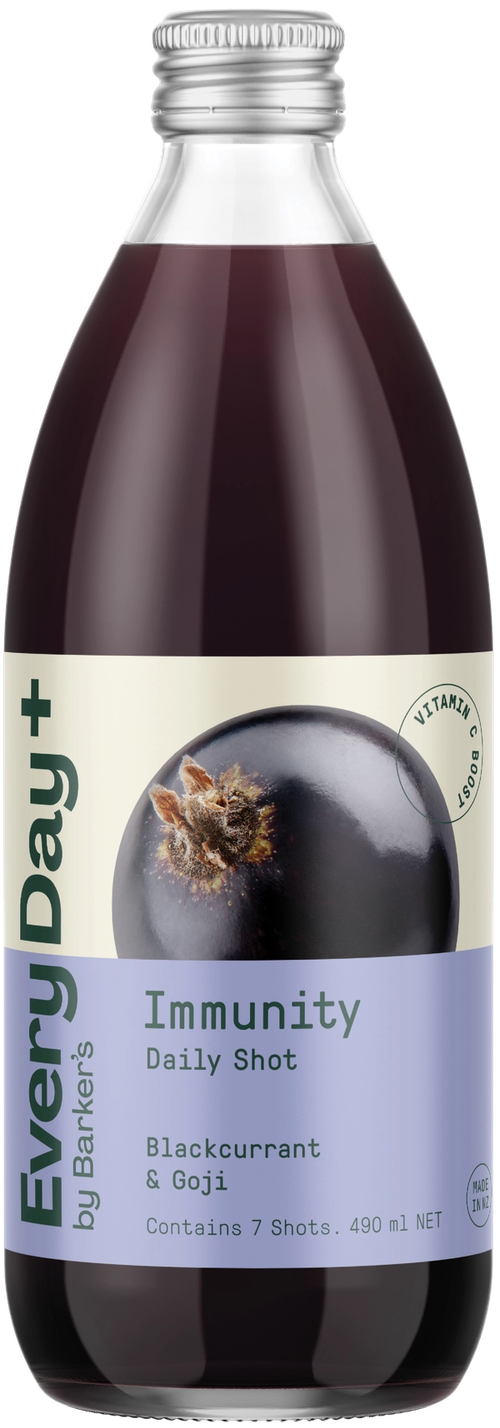Blackcurrants for Immunity
2024-12-16
Good things come in small packages.
Blackcurrants are Vitamin C powerhouses. They contain four times more vitamin C than oranges and 16 times more than blueberries.
We know that Vitamin C is key to your immunity, but why?
- Vitamin C is an antioxidant. Antioxidants protect the body against free radicals.
- Free radicals can damage cells, weaken immunity and play a negative role in our health.
- The body has its own natural defence mechanisms against free radical damage (your immune system).
- Antioxidants absorbed through diet contribute to immune system function.
Your body can’t produce and poorly stores Vitamin C, so you need to take it in regularly.
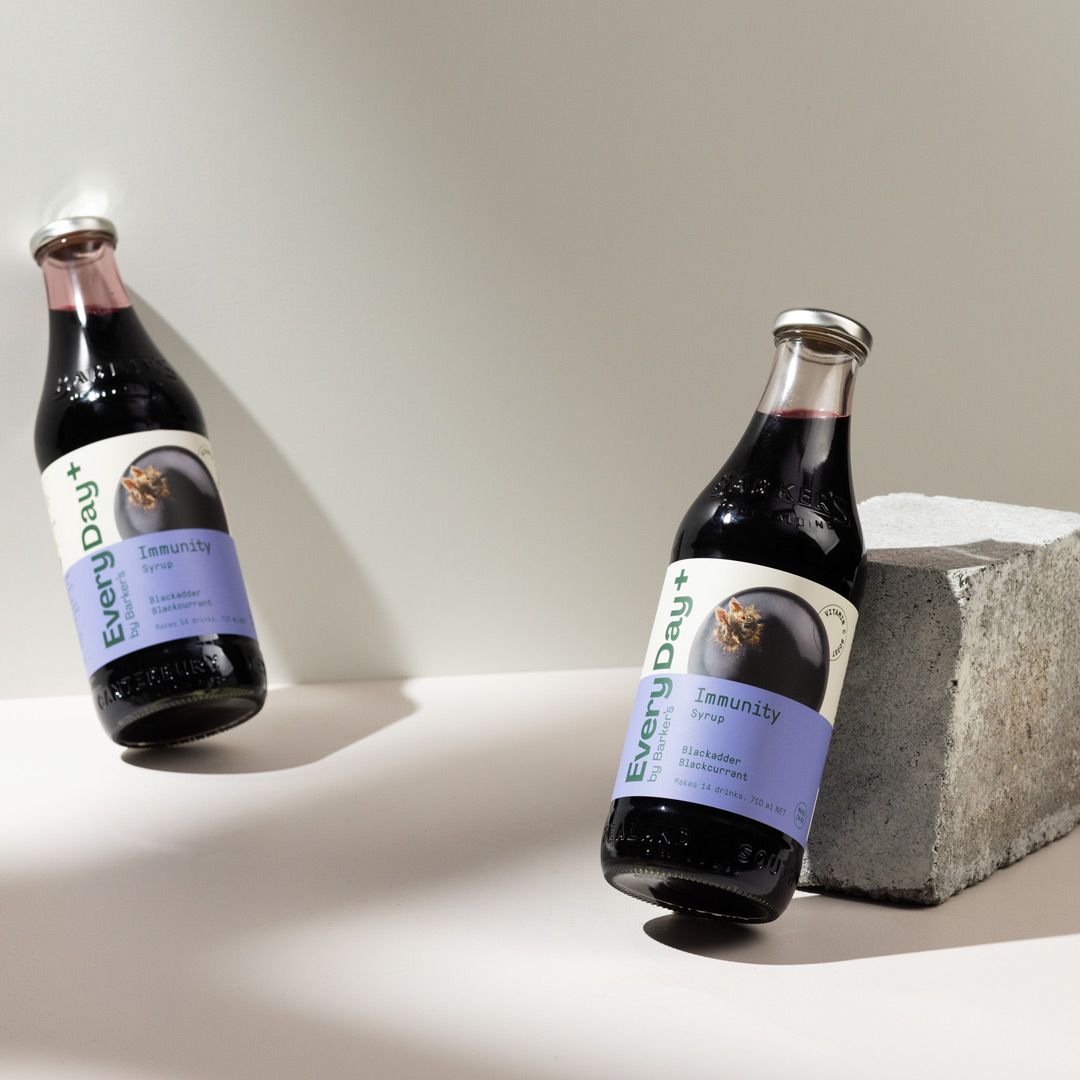
Prevention is better than a cure...
Which is where a daily dose of Vitamin C comes in. Fresh blackcurrants aren’t readily available all year round, so bottling up that goodness in the EveryDay+ Immunity Syrups and Daily Shots gives Kiwis an opportunity to consume them daily. Each serving contains 200% of your body’s recommended daily intake for Vitamin C.
In addition, blackcurrants also have high concentrations of polyphenols, particularly anthocyanins. These compounds give the berries their gorgeous deep purple colour and potentially many beneficial health properties. The polyphenols in blackcurrants act by reducing a viruses’ ability to bind to the cells it is trying to infect.
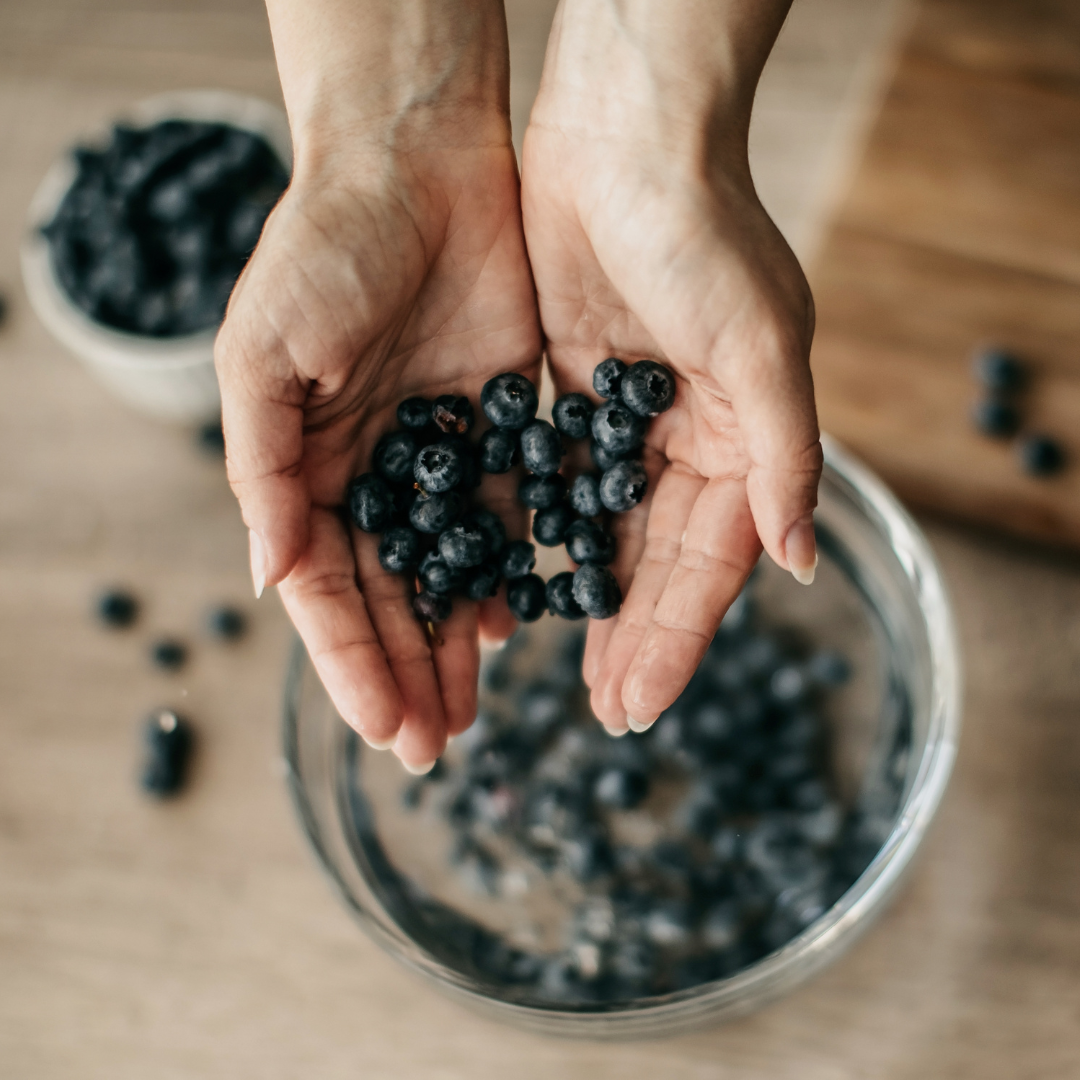
Nutritionist, Sheena Hendon says...
“A healthy gut is important for strong immunity, and whilst disease causing organisms in the gut can play havoc with your health, the addition of probiotic beneficial bacteria can inhibit the growth of these baddies and restore favourable microbial balance. The great news is that evidence suggests that blackcurrants enhance the growth of the ‘useful’ bacteria such as Lactobacilli and Bifidobacterium, and slow the activity of toxic ones.”
New Zealand blackcurrants
NZ-grown blackcurrants in particular, like those in EveryDay+ Immunity Daily Shots and Syrups, contain a high concentration of anthocyanins. The combination of Aotearoa’s unpolluted air, ultraviolet light intensity, and specially bred varieties results in our berries having some of the highest anthocyanin concentrations in the world.
It's important that the total quantity of phenolics in blackcurrants do not reduce during pressing, bottling or storage so it’s recommended that you refrigerate EveryDay+ Syrups and Daily Shots to stabilise the red anthocyanins.
Please note, EveryDay+ products are intended to complement a healthy lifestyle and are not a substitute for medical treatments or supplements. While we provide general tips and information on our blog, we recommend consulting a healthcare professional for personalised advice.
References
- Hendon, S. (2016, June 13). New Zealand blackcurrant research to support mental performance and brain health. Sheena Hendon Health. https://sheenahendonhealth.co.nz/new-zealand-blackcurrant-research
- Moyer RA, Hummer, KE, Finn CE, Frei, B, Worlstad RE. (2002). Anthocyanins, phenolics, and antioxidant capacity in diverse small fruits: Vaccinium, Rubus, and Ribes, Journal of Agricultural and Food Chemistry 50, 519 – 525.
- New Zealand Blackcurrant Co-operative. (2016). Antioxidants in blackcurrants.
- New Zealand Blackcurrants. (2016). Benefits.
- Ashwin Gopalan, Sharon C. Reuben, Shamima Ahmed, Altaf S. Darvesh, Judit Hohmann, Anupam Bishayee. The health benefits of blackcurrants. Food & function 2012, 3, 795-809.
- New Zealand Blackcurrant Cooperative Ltd. (2016). Antioxidants in Blackcurrants. Retrieved from www.nzblackcurrants.com
- NZ Blackcurrant Cooperative Ltd. (2016). Health Benefits of Blackcurrants – a review of the research. Retrieved from www.nzblackcurrants.com
Featured Products
Related Posts
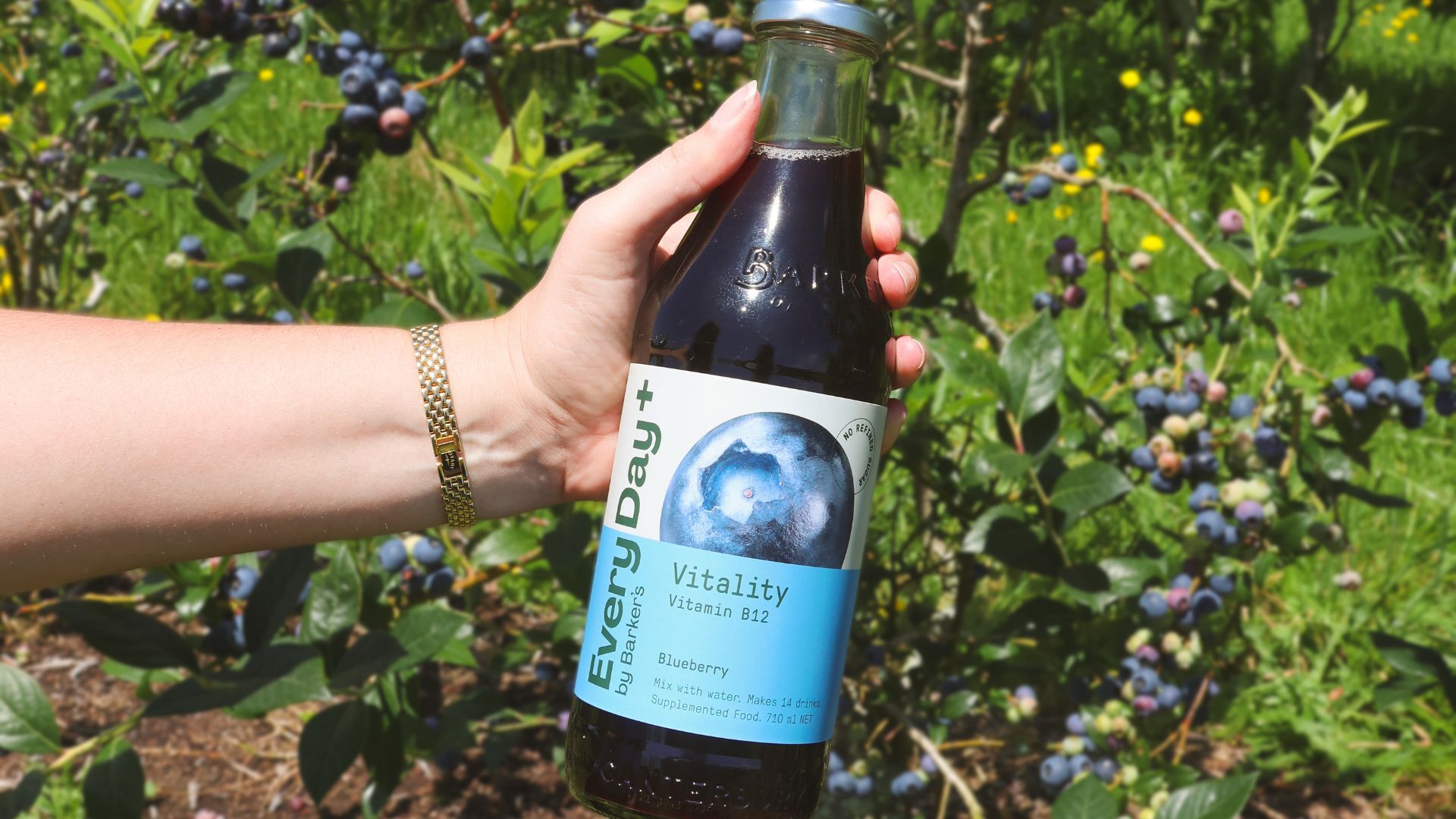
We love blueberries at EveryDay+ and use them in a few of our products for their...
Read more >
Warmer days, shorter nights - summer is the season for spritzes, sunshine and so...
Read more >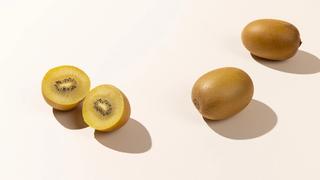
Dietary Fibre is a carbohydrate, mainly found in plant foods such as fruits, veg...
Read more >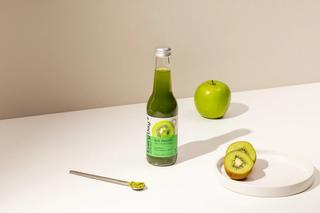
Introducing our two new products specially formulated for gut health – a Raspber...
Read more >


